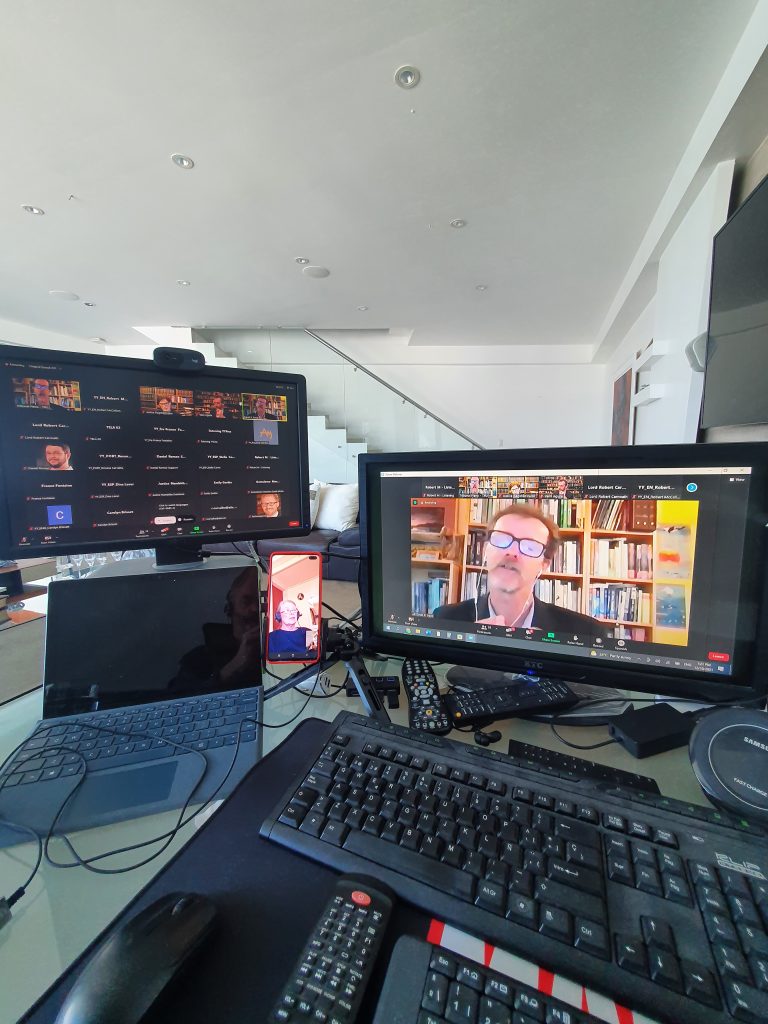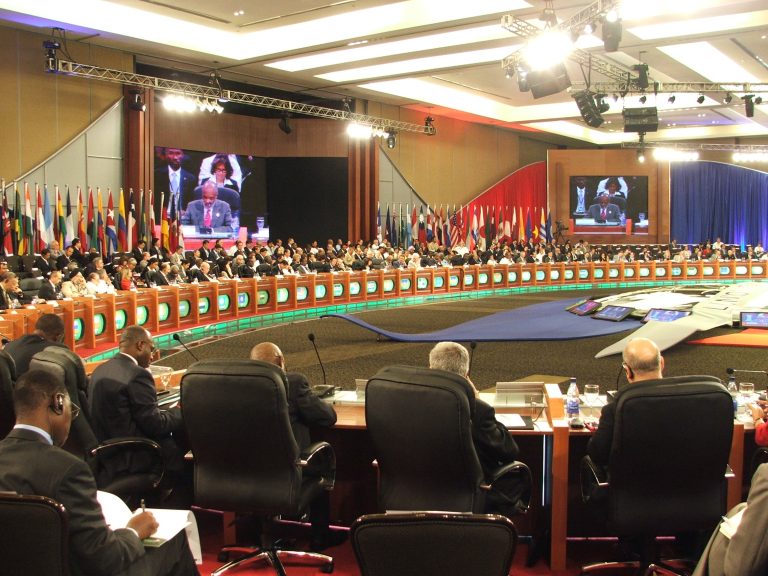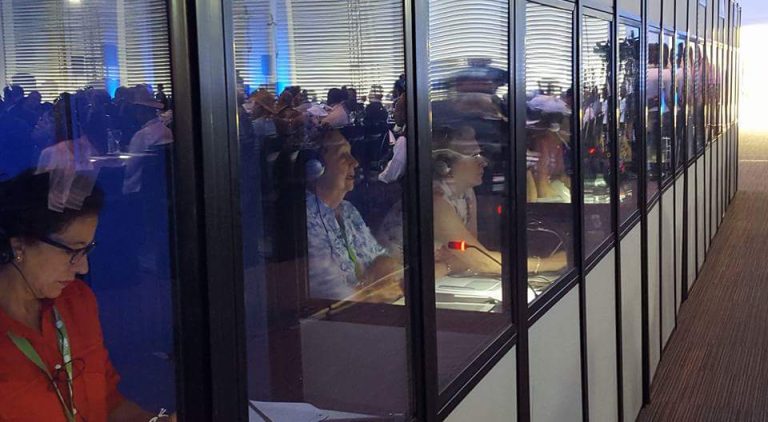
From July 16 to 17, 2025, the city of Santiago de los Caballeros, Dominican Republic will host the Eighth Meeting of Ministers Responsible for Public Security in the Americas (MISPA VIII), an initiative of the Organization of American States (OAS). This high-level forum brings together ministers, security experts, and government officials from across the region […]




